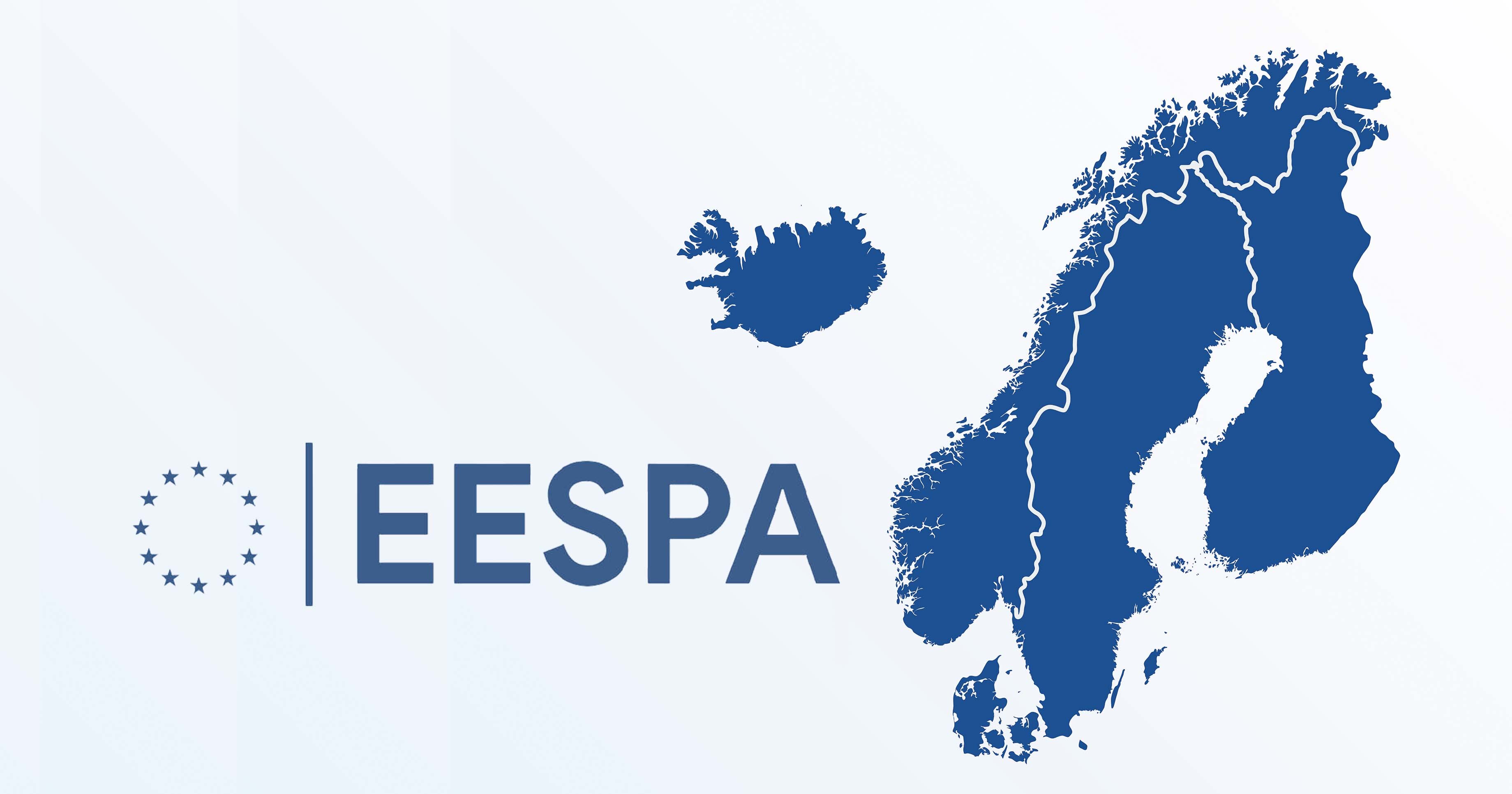Trio of experts call for national digital governance

There is an impatient wait for guidance from higher authority regarding digital development in Sweden. This can definitely be concluded from the panel discussion at Almedalen Week with the title "How does Sweden become a top nation in digitization again?"
"The digitization issue is dead politically" was a harsh judgment from the stage.
But perhaps long-awaited initiatives are in sight. The government, led by Minister for Civil Affairs Erik Slottner (KD), has promised a new national digitization strategy.
The discussions around the question "How does Sweden become a top nation in digitalization again?" were part of the program that the business magazine Offentliga Affärer had put together for the annual Almedalen Week in Visby. The panel consisted of Anna Gärdin, Director of Futures, Huddinge Municipality, Henrik Palmblad-Wennergren, Director of Digitization, Nacka Municipality, and Tomas Lindroth, Senior Lecturer at the University of Gothenburg.
The trio were sharp in their views. Lindroth went the furthest.
- Today's digitization policy has no ideology. It is completely ideology-free. There is no tension. Everything is vanilla. Politicians are not interested and that means they don't know much about digitization either,
He brought up two recent examples that, in his opinion, underline the focus on the wrong things.
- In recent weeks, there has been talk about screen time and chat control. They're both really crap discussions. Instead, we should be talking about the structures, or arenas, that we want. It's so damn quick to make restrictive decisions, but you can't build constructive structures. We are incredibly disappointed with that," he continues, adding in frustration:
- It's like sitting in a digitalization forum and talking about what color we should have on the mobile phone shells. It's kind of the equivalent.
"Today's digitalization policy has no ideology. It is completely ideology-free. There is no tension. Everything is vanilla."
Tomas Lindroth, Associate Professor, University of Gothenburg
New forms required
What could possibly improve the picture, or at least make it a little more positive, is the new national digitization strategy that the government has promised to present by early 2025. Anna Gärdin hopes that the strategy will contain both clear leadership and a concrete action plan.
Right now, if we borrow Anna's description, "it's just swimming around".
- I'm extremely tired of government assignments. To control the future through that form, which has been used for a long time, is so old-fashioned to me. Somewhere I feel that we need a new arena," Anna says.
She calls for a platform where municipalities, regions, authorities, academia and business come together - under the main ownership of the government - and take a common approach to the digital area. Currently, too little is happening. The working methods have gone out of date.
- The steering is done through these government assignments, which means that DIGG (the Agency for Digital Government) should grab a couple of people and form a working group. I don't believe in that. I want something new and I want to see some more effective forms of governance.
But getting a hearing for such a proposal is perhaps easier said than done. Anna sounds moderately hopeful about the prospects.
- I realize that what I'm about to say is a bit provocative, but the most conservative part of our public sector is the Cabinet Office. And it is the Cabinet Office that must find modern governance for the complex challenges of today and tomorrow," she notes in a remark tinged with palpable disillusionment.
The need is growing
The trend needs to be broken in any case. International studies also indicate that Sweden is gradually losing digital capacity. From being a pioneering country, we are no longer a given on the podium. In a report compiled last year by the OECD, Sweden was ranked as low as 27th out of 38 countries.
At the same time, these results should perhaps not be interpreted too categorically.
- The measurements themselves probably don't matter that much. We can be on any ranking really," says Henrik Palmblad-Wennergren and prefers another observation that confirms that the warning bells are ringing ever louder:
- "The big difference now is that it is noticeable in our everyday lives that we are starting to fall behind. I think we are in complete agreement that we need to take the next coherent step in how we digitize in Sweden to reach the next goal. We have lost some of the momentum in building the national infrastructure for digitization.
Henrik Palmblad-Wennergren has two main recipes for how digital development can gain renewed momentum. One is to find a common understanding of the regulatory area that digitalization is. With a clear model for digitization, information management, AI and so on, much would be gained. The other is to create a framework for interoperability between authorities, municipalities and regions and set standards for information exchange.
Calls for engaged leadership
But if the course is to be taken in a very definite direction, decisions are required from above. But if we are to have a direction, there must be someone who is there to pat us on the back. It must be a committed leadership. The greater the pace of change, the more leadership is needed," says Tomas Lindroth.
Watch the entire panel discussion afterwards on Offentliga Affärer's Youtube channel.
You can find the link HERE


